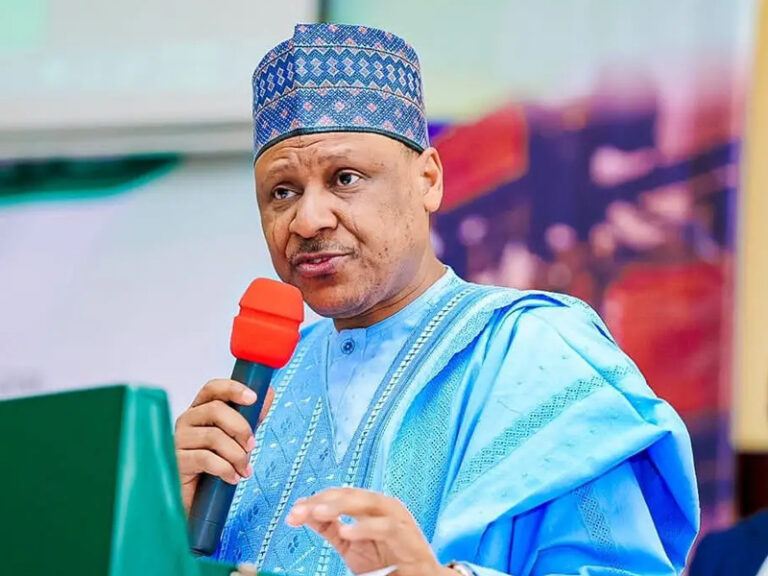Minister Owan Enoh Vows to Negotiate $2.5B FX Forward Debt with CBN to Support Manufacturers
Senator Owan Enoh, the Minister of State for Industry, Trade, and Investment, has pledged to initiate discussions with the Central Bank of Nigeria (CBN) Governor to resolve the $2.5 billion in unsettled FX forward contracts owed to the Manufacturers Association of Nigeria (MAN).
Speaking at a Town Hall Meeting in Lagos organized by MAN and the Organized Private Sector (OPS), Enoh responded to concerns raised by MAN President, Mr. Francis Meshioye, regarding the potential closure of companies due to the breach of these contracts by CBN. Enoh assured attendees, “I will engage with the CBN Governor and keep you updated on the outcome.”
The Minister also committed to helping manufacturers access more affordable gas to enhance their competitiveness. Enoh emphasized the need for collaboration with the industrial sector, acknowledging the challenges posed by President Bola Tinubu’s tough economic decisions, while reiterating his determination to drive fiscal interventions to support local industries.
Addressing the broader economic concerns, Enoh noted that addressing Nigeria’s economic issues would require more than just monetary policies. He called for executive action on key initiatives like Executive Orders 003 and 005, which aim to boost local manufacturing, and urged commitment to these reforms to revitalize sectors such as textiles.
In his remarks, Meshioye highlighted the tough operating conditions facing manufacturers, including high interest rates, energy crises, and excessive regulations. He also stressed that the unresolved FX forward debt has led to significant financial losses and operational disruptions for industries, with many now facing the threat of closure.
MAN’s Director-General, Segun Ajayi-Kadir, also spoke at the event, detailing the decline of Nigeria’s manufacturing sector due to factors like inflation, infrastructure deficits, and high costs of credit. He called for urgent action from the CBN, especially in reviewing the list of 43 items excluded from foreign exchange allocation.

